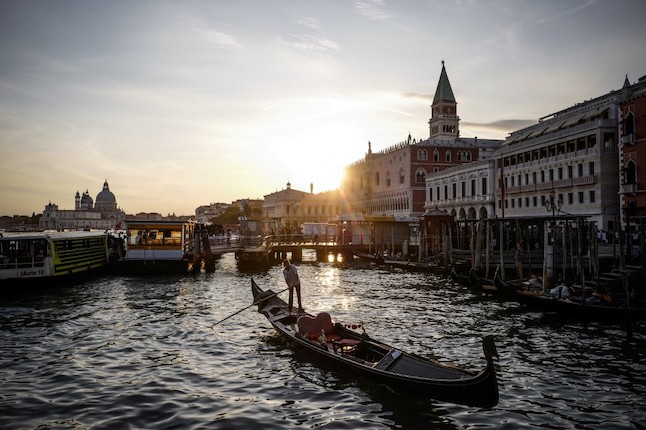The city's council on Thursday approved plans to introduce a 'contributo di accesso' (landing fee) from July 1st, 2020.
FOR MEMBERS: Italy's 'tourist tax': What is it and who has to pay?
The charge, which will only apply to tourists not staying overnight, is set at €3 standard rate, rising to €6 on busier days and €8 on the very busiest.
From 2021 the rates will rise to €6 standard rate and €8-10 on peak days, though visitors will get a discount in off-peak season to €3.
Meanwhile cruise ships and other vessels bringing day-trippers in by sea will pay a flat rate of €5 per person per day in 2020, rising to €7 the following year.
READ ALSO:
- No, Venice hasn't just banned cruise ships from its lagoon
- 'Venice is dying': Residents to vote on whether to split city in half
- Could central Venice become a smoke-free zone?
The plan to charge the 12 million tourists who visit Venice each year was first announced in December 2018, with officials estimating that it could bring in an extra €50 million a year.
But the scheme has been repeatedly pushed back as the council works out the logistics, including how and where people will pay, as well as who will be exempt.
Those living, working or studying in Venice will not have to pay, the council says. Nor will tourists staying overnight, who already pay a 'tourist tax' collected by their accommodation.

Venice has already installed turnstiles to regulate entry to its most crowded areas. Photo: Andrea Pattaro/AFP
The new charge is unlikely to prompt anyone to cancel their trip, but the council says it will provide extra funds to help pay for maintenance and security in the fragile city centre.
It plans to install a network of ticket machines throughout Venice and the surrounding islands where day-trippers can purchase entry, with fines of several hundred euros threatened for anyone who fails to pay.
The scheme has faced pushback from tour operators, who are expected to pass the charge onto their customers, as well as from critics who say it will punish the tourists upon whom Venice's economy depends.
READ ALSO: 'Tourism is killing Venice, but it's also the only key to survival'



 Please whitelist us to continue reading.
Please whitelist us to continue reading.
Member comments